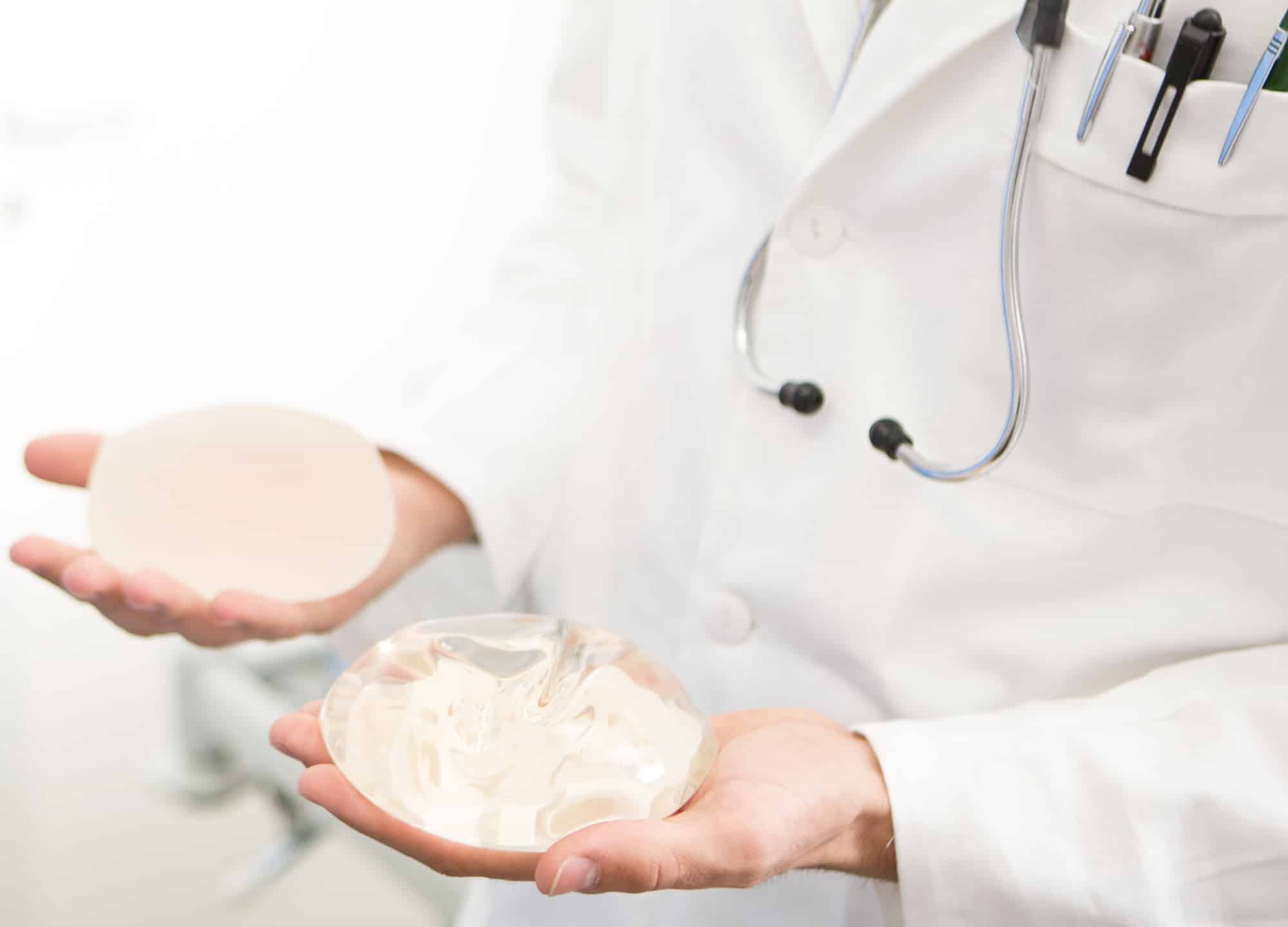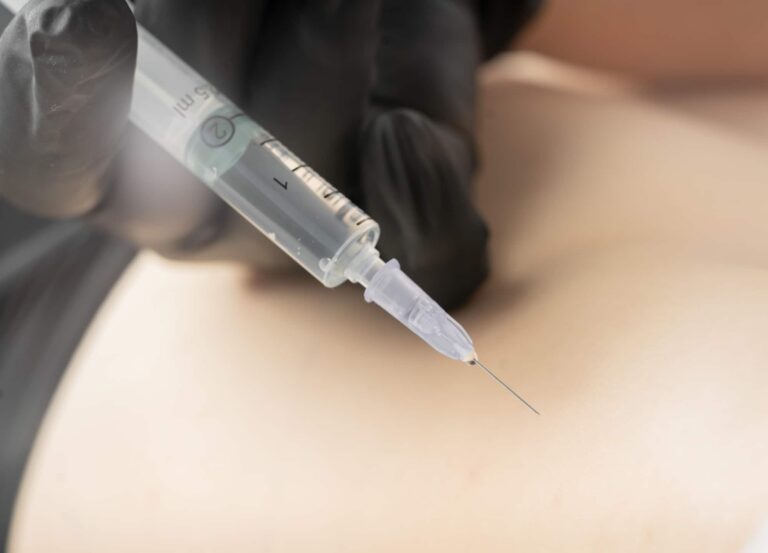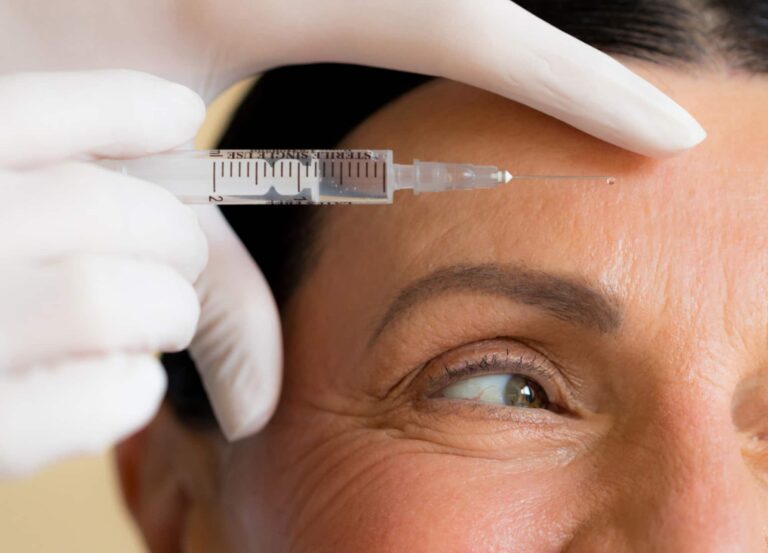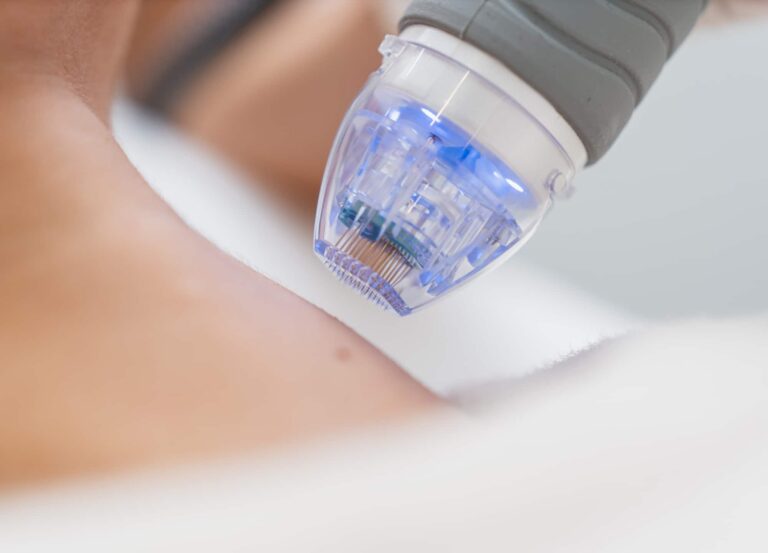Key Points
• On July 24, 2019, the FDA requested that Allergan recall its textured breast implants, due to the risk of breast implant–associated anaplastic large-cell lymphoma (BIA-ALCL)—a rare cancer that has affected more than 500 women worldwide.
• Breast implants have an outer shell that can be either smooth or textured. Textured implants, which have a grippier surface, have been specifically linked to this cancer.
• Allergan’s textured implants affected by the recall represent fewer than 5% of all implants sold in the U.S.
• The FDA is not recommending that consumers remove their implants if they are not experiencing any symptoms or experiencing any issues with their implants.
• If you have implants, check your implant ID card to see what type you have. Your surgeon should also have this information in your patient record.
• Learn about the risks and get key safety information. Talk to your surgeon if you have any questions, symptoms or concerns.
Allergan, one of the largest manufacturers of textured breast implants, announced on Wednesday that it will recall many of these products worldwide. The move was in response to a request from the U.S. Food and Drug Administration (FDA) that the company recall its Biocell textured implants, due to the risk of breast implant-associated anaplastic large-cell lymphoma (BIA-ALCL)—a rare cancer that has affected hundreds of women. The recall includes four textured implants under the Natrelle brand (saline-filled implants, silicone-filled implants, Inspira silicone-filled implants and 410 silicone-filled implants) as well as two textured tissue expanders (Natrelle 133 Plus Tissue Expander and Natrelle 133 Tissue Expander with Suture Tabs). Textured breast implants have a grippier surface to help hold the implant in place, as opposed to smooth implants, which don’t. The texture of the implant is what has been specifically linked to this cancer.
Sharon Rovira was 43 years old when she got Allergan textured breast implants and 54 when she was diagnosed with cancer. Her chest wasn’t a point of insecurity or embarrassment for most of her life, but after giving birth to and breastfeeding four children, she decided it was time for a little rejuvenation. She made an appointment with a plastic surgeon and, shortly thereafter, welcomed two new additions to her body, in the form of textured implants.
About 12 years after her surgery, she noticed that her right breast was beginning to amass fluid around the implant. Her doctor prescribed antibiotics, which got rid of the fluid; but two years later, the same breast became encapsulated, hardening to the touch. Then constant fatigue and a chronic cough arrived, and Sharon became sicker and sicker—to the point where she had to be hospitalized. The doctors biopsied tumors found underneath her breasts and in her arm and informed her that she had Stage 3 lymphoma as a result of her implants. During the following months, Sharon went through eight rounds of chemotherapy, nine blood transfusions and a number of surgeries, which left her asymmetrical and with a large scar around her torso. “I’ll never be the same,” she says. “If I would have been told that this would happen to me or that this was even a possibility, I wouldn’t have done it.” As of earlier this year, she is in remission because, like the other 540 women around the world who have survived BIA-ALCL, she had top medical care and caught the cancer relatively early. But 33 women have not been so lucky … and this preventable and treatable disease ultimately led to their demise.
For patients like Sharon (who filed a lawsuit against Allergan last year), the pharmaceutical company’s decision to recall textured breast implants was met with relief. After years of speculation and investigation, the World Health Organization confirmed a link between textured breast implants and ALCL in 2016. “Over the years, our understanding of this disease has evolved considerably,” says Dr. Mark Jewell, a plastic surgeon in Eugene, Oregon. “It’s thought to be some sort of bacterial contamination of the implant’s surface at the time of surgery, which produces chronic inflammation, a change in T-cell lymphocytes and, ultimately, this breast-associated ALCL.”
Related: Breast Implant Safety: FDA Announces New Policies, Won’t Ban Textured Implants
“ALCL appears to have many contributing factors,” adds Dr. Melinda Haws, a Nashville plastic surgeon. “We know there are genetic factors. We know there appear to be bacterial biofilms present with these patients. We don’t have all the answers yet, but we know it happens with textured implants—the majority of which are Allergan Biocell.”
As knowledge of BIA-ALCL has grown, several major markets have abandoned the implant type, and doctors across the globe have opted for smooth alternatives. According to the FDA, Allergan’s textured implants represent less than 5% of all implants sold in the U.S. They were removed from the European market last December, after French authorities requested a recall; removed from the Canadian market in May; and pulled from the Australian market earlier this month, when the government suspended sales of such implants from Allergan and Johnson & Johnson, among other manufacturers.
“What makes this an interesting case is that you actually see the FDA taking action in a proactive form, which [doesn’t happen] that frequently,” says Michael Brady Lynch, an Orlando, Florida–based attorney who specializes in pharmaceutical and medical-device litigation. “But what’s sad is that Allergan could have done this all by itself. It could have taken these products off the market months, if not years ago, in the interest of patient safety. But it waited until the FDA forced its hand.”
It’s also important to acknowledge the factors, outside of the implants themselves, that are thought to contribute to the cancer.
The occurrence of BIA-ALCL can’t always be thwarted, but Dr. Haws believes surgeons can take precautions to ensure that their operations are as clean and safe as possible. “Everything we do as plastic surgeons is influenced by technique,” the Nashville doctor says. “While the breast ducts mean there is always an outside path into the breast for bacteria, keeping a meticulous surgical field minimizes any chance of bacterial contamination at the time of surgery. Again, we don’t have all the answers, but technique matters, always.”
Related: 4 Changes We Want to See Coming Out of the FDA’s Breast Implant Safety Hearings
Dr. Jewell concurs. “Many of us have reported outcome data with textured implants over the years, showing that they could be safely used,” he says, referencing one study published in the journal Plastic and Reconstructive Surgery just this month. “Basically, it was 22,000 patients, followed up to 14 years. All of us used similar technique, and we had no BIA-ALCL. Texture has certain advantages that allow it to be useful in breast surgery, but at the same time, it can become contaminated with bacteria. As long as you take steps to reduce that risk though, things seem to work just fine.”
Members of the plastic-surgery community also worry that Allergan’s textured-implant recall will unnecessarily frighten many women. While the FDA has requested that these implants no longer be made available, the agency has notably released no advisory warning for patients who have no symptoms or reason to believe there are any issues with their implants. Dr. Hawes, who has 12-year-old Biocell implants in her own breasts, declares that “with the risk of ALCL at 1:3200, I would not have my implants removed, any more than I would have a prophylactic mastectomy for a risk of breast cancer, which is 1:8.” In other words, unless you’re experiencing complications, you have no cause for alarm.
“If you do have swelling or pain in one of your breasts, certainly go see a plastic surgeon and get it evaluated, but it’s very straightforward to work this out,” says Dr. Jewell. “At the end of the day though, I’m here for my patients, not to defend textured implants. If a patient is concerned about them or wants them changed out, it’s a personal choice.”
But more than anything, Wednesday’s recall announcement is just another reason for open communication between patients and their surgeons, whether about the signs and symptoms of BIA-ACLC or simply about the importance of yearly mammograms and monitoring their breasts for change. “I hope this ban gets all women paying more attention to what is happening with their breasts,” says Dr. Haws, “whether they have implants or not.”











